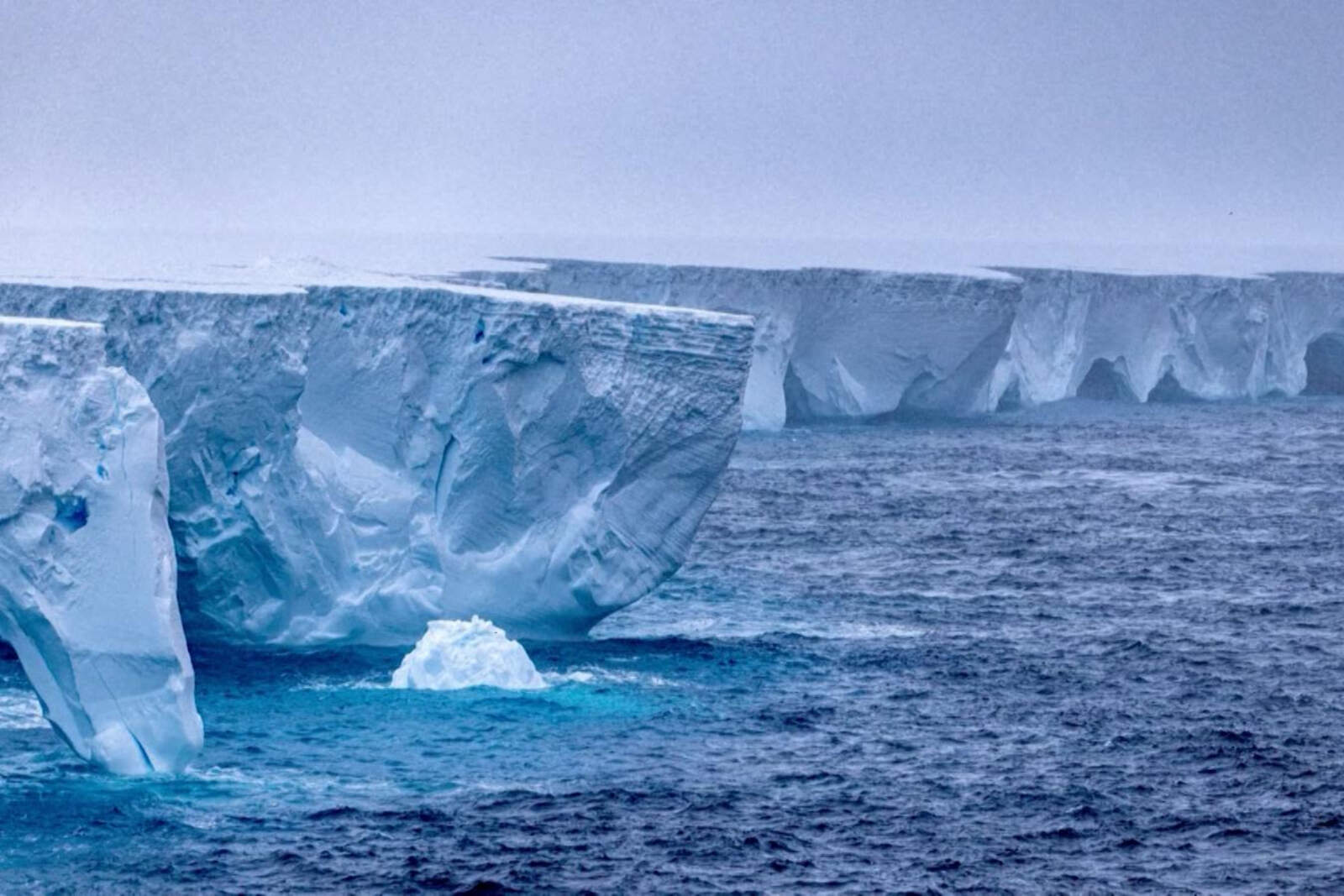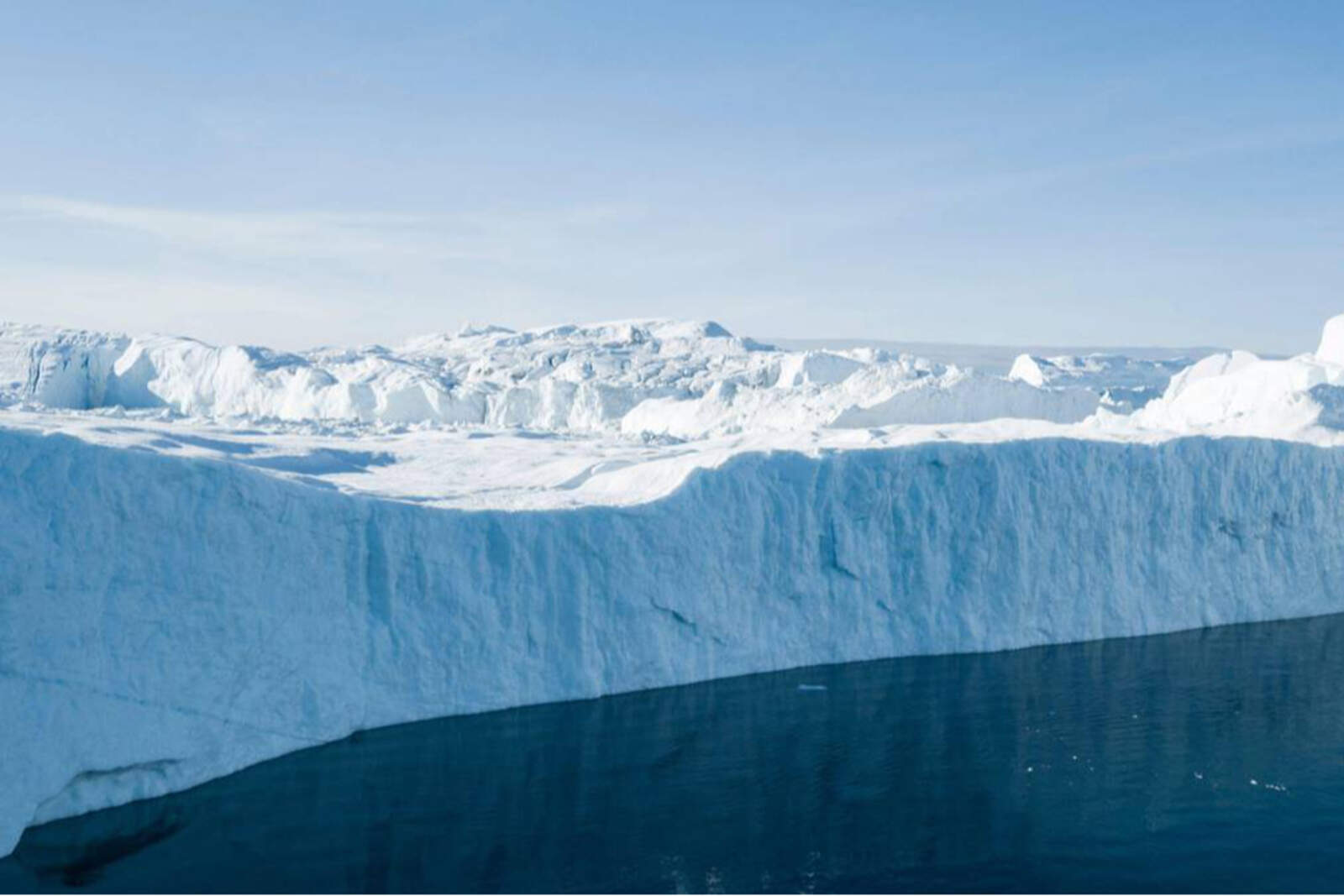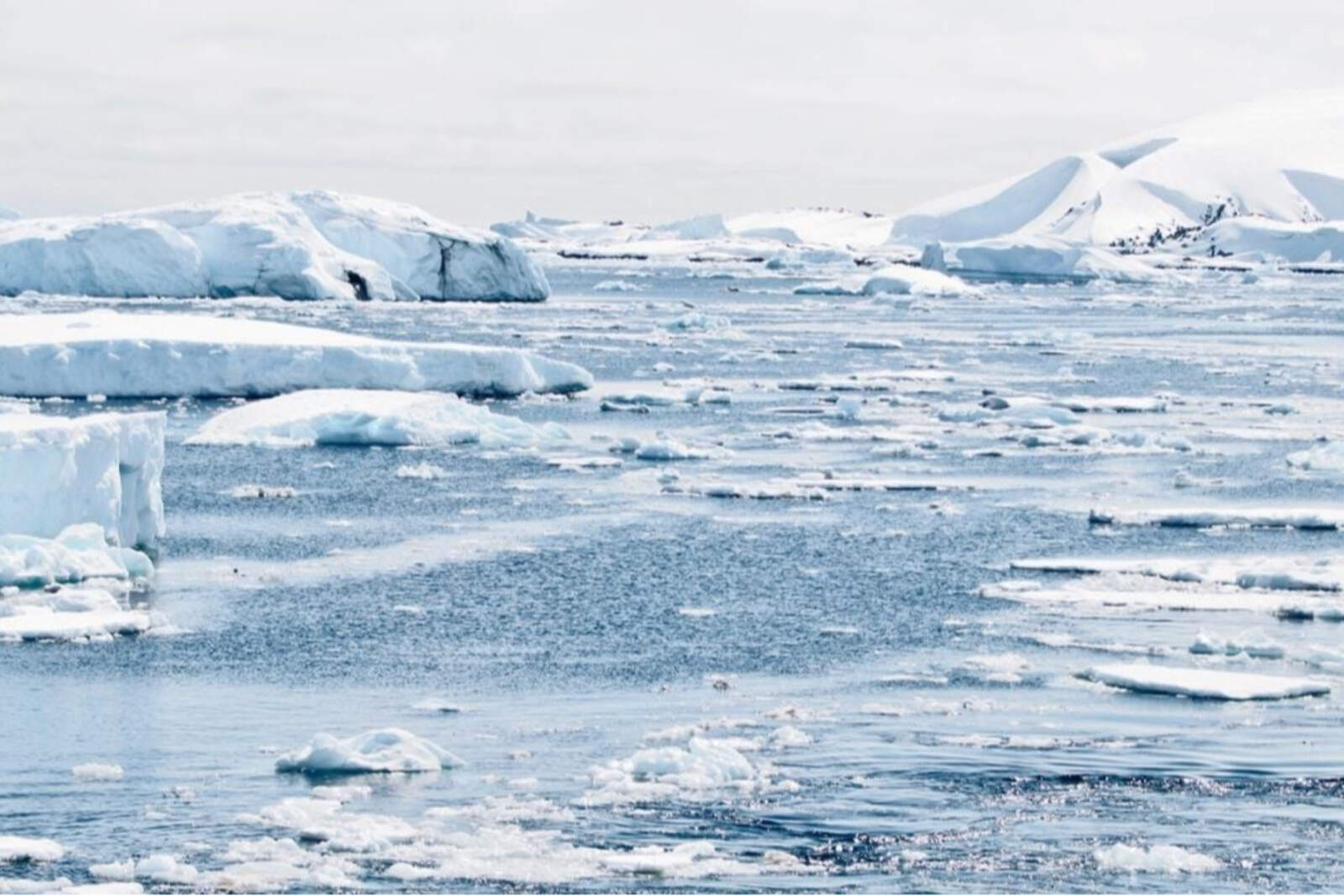For decades, proponents of the climate change narrative insisted that the Antarctic ice sheet is melting at an alarming rate, contributing to a supposed catastrophic rise in sea levels.
However, new data reveals a reality that once again calls these claims into question. Between 2021 and 2023, Antarctica not only stopped its ice loss but also experienced a significant mass increase, challenging the bleakest climate projections.
According to NASA's GRACE and GRACE-FO missions, between 2002 and 2010, Antarctica lost an average of 73.79 gigatons of ice per year, a figure that increased to 142.06 gigatons annually between 2011 and 2020, mainly in West Antarctica and certain areas of East Antarctica. However, in a change that climate activists did not predict, between 2021 and 2023 the Antarctic ice sheet gained 107.79 gigatons per year.

The recovery phenomenon was particularly evident in four glaciers in East Antarctica (Totten, Moscow, Denman, and Vincennes). The same ones previously cited as emblematic examples of an "irreversible crisis" showed a notable ice accumulation, driven by a natural increase in snowfall.









